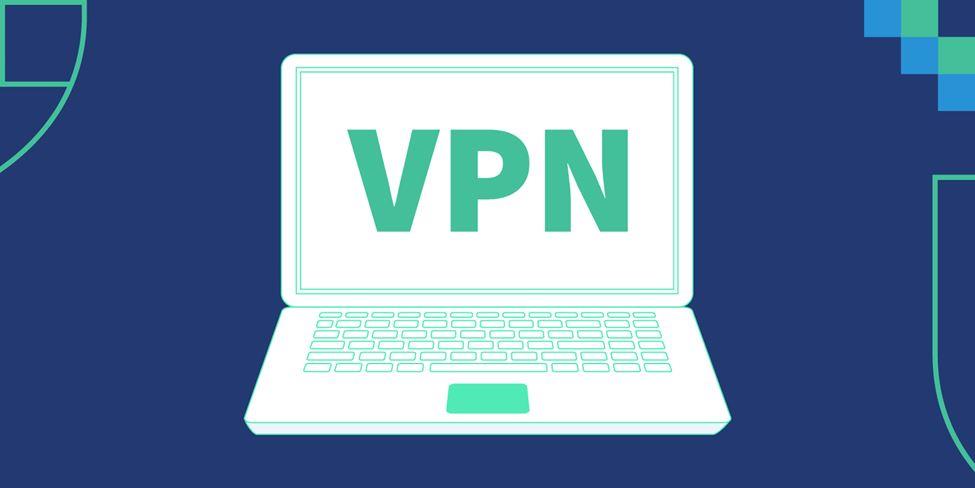
Why do people use VPNs? They use it for privacy, work, accessing content from other countries, and security in public spaces.
The encryption of a VPN tunnel protects a user’s data stream. At least, that’s the public perception. But how true is it? And what is the metric by which the security and reliability of a VPN?
VPNs themselves might be an inherently secure concept, but the modern digital world is full of so much complexity and sophistication that it becomes impossible to protect against everything. So let’s take a look at whether an Australian VPN is really as secure as people believe them to be:
Table of Contents
5 Reasons Why VPNs Might Not Be The Best Choice
1. High Risk Of Security Breaches
A VPN works by taking an entire data stream and bypassing it through a tunnel. And though this tunnel is encrypted, it does expose entire networks to distributed denial-of-service (DDoS) attacks. Therefore, devices connected to a VPN become a weak and vulnerable point in the whole network hierarchy and can easily be exploited.
This even makes the entire network vulnerable to hacking and spoofing attacks which can cause their own kind of damage.
2. Poor Scalability
Most VPN services are designed to offer VPN service to small, individual networks of devices. This works well to a certain extent. But when the workforce expands and relies more on a VPN, it becomes harder to manage it. The bottleneck that this produces creates a glaring scalability problem.
Another big issue is the “kill switch” feature that most VPN services are equipped with. In theory, the kill switch is a good idea. As soon as a VPN detects that a device has made an unsecured connection, it activates the kill switch. But unfortunately, on a large workforce scale, this feature can create a poor user experience.
When the kill switch activates on this big of a level, it shuts down the entire or significant parts of crucial business operations.
3. Unmanaged Devices
VPNs are also inherently risky because of the lack of oversight on unmanaged devices. A VPN creates an encrypted tunnel between the bypass server and the device. However, it doesn’t account for the issues that the bypass server might have or any vulnerabilities/malware that the unmanaged device might carry.
From keyloggers to screenshot malware and other viruses might be present on either end, which can cause a huge issue for the workforce and the organization as a whole.
4. No Alarm To Trip
Let’s say an attacker gets into the system despite the VPN being active. Now that they have access to the servers, they can move freely unless a separate alert system is built into them. That is another caveat of using a VPN. If a probe does get past it, the VPN won’t report it because there is no detection mechanism.
Instead, the burden will fall onto the servers and the server managers to deal with it. And if there aren’t measures to alert the server managers, this could potentially threaten the entire network and cause irreversible damage.
5. Privacy Compromised
No matter how secure the tunnel is between your device and the target/bypass server, all your data will eventually end up at a data center, which is vulnerable to attacks and infiltration.
Usually, this wouldn’t be a problem, but a VPN covers the entire data stream. It also means that your professional or even personal information can be compromised if a disaster strikes.
What’s The Solution?
So, the issue isn’t that VPNs don’t provide adequate security. They do the job advertised. They create an encrypted tunnel between a device and the bypass server.
But there are other drawbacks to using a VPN that must be considered. And these drawbacks are too significant for people to ignore, especially on an organizational level.
An alternative that you might consider is zero trust solutions. Zero trust architecture, as the name implies, is a digital architecture that does not place trust in any step of the process to protect from any vulnerabilities or weaknesses.
Anyone trying to access data must continuously go through verification and authentication. One prime example of this is multi-factor authentication. This framework of continuous validation has become more popular in recent times.
To Wrap Up
In summation, VPNs are good. They protect your data stream and privacy. But they only do that to a certain extent.
Of course, if you want your privacy along with other options such as scalability and protection from vulnerabilities on the backend, then you might consider other solutions which might work better for you.
Nevertheless, VPNs for Australia are needed at this hour, especially when cyberattacks and hacking incidents are at their record peak. These tools are handy for travelers or binge-watchers who wish to continue binging on their favorite shows despite the geo-restrictions.
Chris Mcdonald has been the lead news writer at complete connection. His passion for helping people in all aspects of online marketing flows through in the expert industry coverage he provides. Chris is also an author of tech blog Area19delegate. He likes spending his time with family, studying martial arts and plucking fat bass guitar strings.